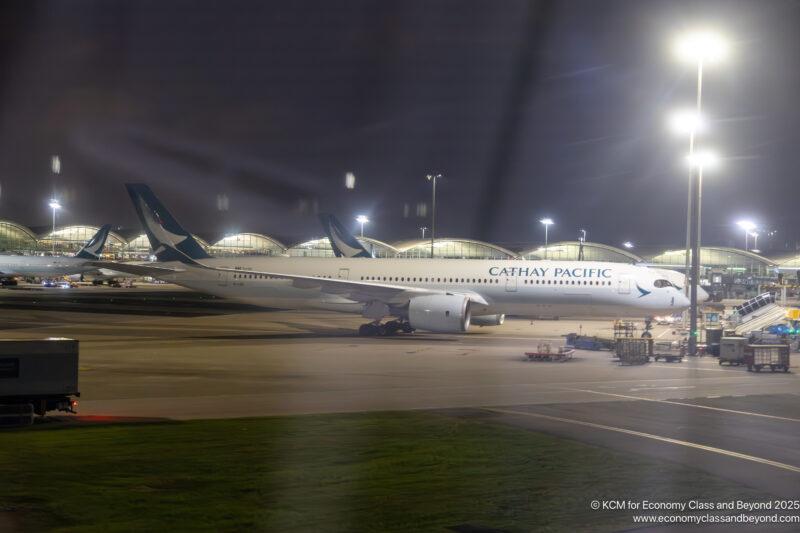Tamer Ashour on Winning Song of the Year at Billboard Arabia Music Awards, Success Through Melodies of ‘Drama’
Billboard Arabia features the acclaimed star Tamer Ashour, who recently won two prestigious awards for his hit song “Haygely Mawgow” at the Billboard Arabia Music Awards.

Tamer Ashour’s journey to becoming a celebrated singer was marked by twists of fate far beyond his expectations or plans. In the early stages of his career, Tamer was deeply focused on his goals as a composer. He poured determination and professionalism into crafting melodies for other artists and strived to deliver his best with each composition. Before the public even knew his name, his voice began to resonate through the streets of Cairo, his hometown, capturing hearts and attention.
Two decades ago, as a composer, Tamer Ashour recorded demo versions of songs he had written for other artists. During a time when the Internet was gaining traction in the region, forums enabled users to download audio clips directly, and Bluetooth technology allowed songs to be shared across mobile phones. Amid this technological shift, Tamer was stunned to discover that some of his demos, featuring his own voice, had been leaked on forums and websites. Songs like “Zekrayat Kadaba” (“False Memories”),” Thania Wahda” (“One Second”), “Senin El Shoq” (“Years of Longing”) and “Albak Ya Hawl Allah” (“Your Heart, Oh God”) began circulating widely, gaining popularity even though the identity of the singer behind them remained a mystery.
This unexpected turn of events left Tamer, who had never intended to step into the spotlight as a singer, feeling conflicted. He recalls a time when he closely monitored the spread of his voice, allowing it to resonate with audiences before officially stepping into the spotlight to launch his career as a singer. Eventually, he connected his face to the voice that had already resonated with the public and released his debut album, Sa’b. Success followed with albums and hits like “Leya Nazra” (“I Have Insight”), “Esht Maak” (“I Lived with You”) and “Ayam” (“Days”). Alongside his singing career, Tamer thrived as a composer, collaborating with some of Arabic music’s most prominent artists to create melodies that became unforgettable. His compositions include “Ya Reatak Fahimny” (“I Wish you Understand Me”) and “Lawha Bahetah” (“Faded Canvas”) by Angham, “Min El Aasham” (“Out of Hope”) by Amr Diab and “Hikayti Maak” (“My Life with You”) and “Ana Sekketen” (“I Have Two Sides”) by Elissa.
In our in-depth, half-hour conversation with Tamer Ashour, the star featured on the December cover of Billboard Arabia, he consistently speaks of his career as being shaped either by destiny or a series of fortunate coincidences. Yet, if you pay close attention to his words and perspective, you will quickly see that they reflect both humility and realism. This humility shines through as he speaks with great appreciation about his fellow stars, the artists he has worked with, and the young talents he hopes to support or collaborate with in the future. Even when discussing his own successes, such as his recent hit “Haygely Mawgow” (“You’ll Come to me Broken”), Tamer remains grounded.
After nearly two decades in the music industry, marked by steady and quiet successes, “Haygely Mawgow” emerged as a turning point in Tamer’s career. The song became his biggest hit to date, as demonstrated by its impressive streaming numbers across various platforms and the enthusiastic interaction at live performances. By the end of the year, just two weeks before our interview, the song had won the Song of the Year award at the 2024 Billboard Arabic Music Awards. It also claimed the Top Egyptian Song award, with Tamer leaving the ceremony with two prestigious trophies, a testament to the song’s immense success.
In addition to these awards, the creators behind the work were also recognized for their contributions. Aleem received the Best Lyricist award, while Amr El Shazly was named Best Composer. Tamer took pride in acknowledging their contributions during our conversation, also confirming that he would continue collaborating with these talented names, as well as other diverse collaborators, for his upcoming album, Yaah, slated for release in early 2025.
As his new album is set to be released independently, Tamer Ashour shared his recent experience with independent production, a trend we have seen grow over the years and discussed with many Arabic artists, including Angham, Elissa, Nassif Zeytoun and others. Ashour expressed a unique satisfaction in working outside of major production houses, as it gave him full control over his creative direction. This autonomy allowed him to take responsibility for his decisions and vision, and with that, the credit for his successes, which he feels are sometimes stifled by larger production houses. When talking about releasing independently, he says, “The production experience has been the best of my life in the last ten years. It means you are responsible for yourself, without anyone telling you that you failed or undermining your success. Production houses have always done that, and that was the assurance they offered.”
When discussing his songs and his most notable hits, Tamer Ashour refrained from labeling his songs as “sad” and instead preferred the term “drama,” a description he used frequently, as if it were an artistic genre in its own right. “The Arab audience generally gravitates toward songs with a sense of sadness. They do not necessarily have to be sad, but the songs that endure and make singers successful have always been dramatic – not cheerful or upbeat hits. What lingers in the listener’s mind is the emotion of sadness and drama, across all genres, even with popular singers,” he said. He goes on to explain: “Even popular artists during their peak success, like Mr. Hassan Al Asmar, for instance, had the world dancing to songs like ‘Kitab Hayati Ya Ain,’ a dramatic song. There are many examples from that era. The songs that helped them rise to fame and establish their names in the industry were all dramatic in nature, but they were crafted in ways that suited the style they were presenting.”

Tamer speaks extensively about the concept of the dramatic song and how it has become deeply intertwined with his artistic identity, shaping the path he follows. While he releases emotional and romantic songs, he understands the expectations his audience has of him. He also emphasizes that crafting a dramatic song is not something that happens effortlessly; it requires a solid foundation, with careful attention to the lyrics, melodies and performance style. When we jokingly ask if his success in this genre means he has discovered the secret to the perfect formula, he responds: “It is not the secret to the mix. This is from Allah. There are no specific things I do to make the song come out the way you hear it. People just love my voice in dramatic songs.”

What's Your Reaction?




































